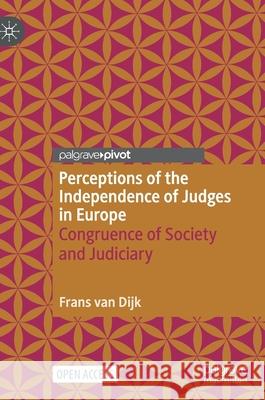Perceptions of the Independence of Judges in Europe: Congruence of Society and Judiciary » książka
topmenu
Perceptions of the Independence of Judges in Europe: Congruence of Society and Judiciary
ISBN-13: 9783030631420 / Angielski / Twarda / 2020 / 113 str.
Perceptions of the Independence of Judges in Europe: Congruence of Society and Judiciary
ISBN-13: 9783030631420 / Angielski / Twarda / 2020 / 113 str.
cena 201,72
(netto: 192,11 VAT: 5%)
Najniższa cena z 30 dni: 192,74
(netto: 192,11 VAT: 5%)
Najniższa cena z 30 dni: 192,74
Termin realizacji zamówienia:
ok. 22 dni roboczych
Bez gwarancji dostawy przed świętami
ok. 22 dni roboczych
Bez gwarancji dostawy przed świętami
Darmowa dostawa!
Kategorie BISAC:
Wydawca:
Palgrave MacMillan
Język:
Angielski
ISBN-13:
9783030631420
Rok wydania:
2020
Wydanie:
2021
Ilość stron:
113
Waga:
0.30 kg
Wymiary:
21.01 x 14.81 x 0.97
Oprawa:
Twarda
Wolumenów:
01
Dodatkowe informacje:
Wydanie ilustrowane











